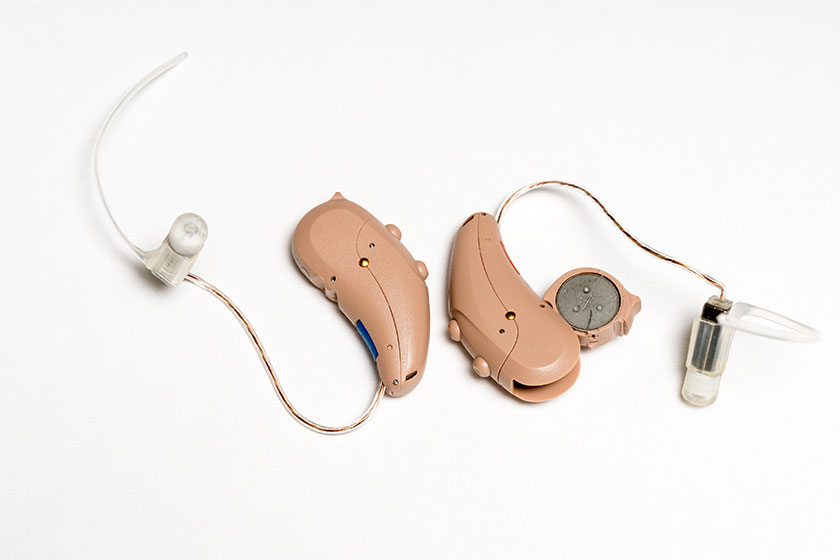As our loved ones age, hearing loss can become a common concern. Fortunately, hearing aids can significantly improve their quality of life by enhancing their ability to communicate and engage with the world around them. If you’re navigating the process of choosing hearing aids for your aging loved ones, this guide is here to help. In this article, we will provide a guide to hearing aids and key factors to consider when selecting hearing aids.
Consult an Audiologist
The first step in choosing hearing aids is to consult an audiologist. A professional evaluation will help determine the type and severity of hearing loss and guide the selection process. Audiologists can recommend the most suitable hearing aids based on individual needs, lifestyle, and budget.
Understand Hearing Aid Types
There are various types of hearing aids available, including behind-the-ear (BTE), in-the-ear (ITE), and in-the-canal (ITC) options. Each type has its advantages and considerations. BTE models are versatile and suitable for most types of hearing loss, while ITE and ITC models are more discreet but may have limitations based on individual needs.
Consider Features and Technology
Hearing aids come with a range of features and technological advancements. Consider the specific needs and preferences of your loved ones when selecting features such as noise reduction, directional microphones, feedback cancellation, and telecoil compatibility. Advanced technology may offer additional benefits but could also increase the cost.
Assess Lifestyle Needs
Take into account your loved one’s lifestyle and daily senior activities when choosing hearing aids. Do they frequently engage in social gatherings, enjoy outdoor activities, or have specific communication needs? Understanding their lifestyle will help determine the appropriate features and settings required to enhance their hearing experience in different environments.
Comfort and Fit
Comfort and fit are essential for optimal hearing aid usage. Ensure the hearing aids are comfortable to wear for extended periods. They should fit securely in the ear or behind the ear without causing discomfort or pain. Consider features like adjustable earpieces and custom molds to enhance comfort and fit.
Budget Considerations
Hearing aids can vary significantly in price. It’s important to establish a budget and explore options that align with it. Keep in mind that while more advanced models may offer additional features, there are also affordable hearing aids that can provide satisfactory hearing improvement.
Trial Period and Warranty
Look for hearing aids that come with a trial period and warranty. A trial period allows your loved ones to test hearing aids in various situations and environments. A warranty ensures that any issues or repairs can be addressed promptly, providing peace of mind and protection for your investment.
Selecting the right hearing aids for your aging loved ones is a crucial step in improving their quality of life. By consulting an audiologist, understanding different hearing aid types, considering features and technology, assessing lifestyle needs, prioritizing comfort and fit, establishing a budget, and looking for trial periods and warranties, you can navigate the selection process with confidence and find the perfect hearing aids for your loved ones in senior living.






